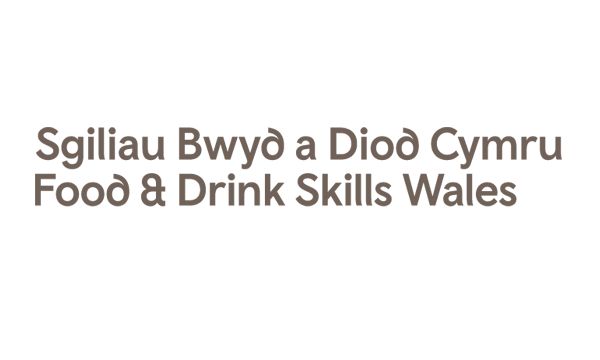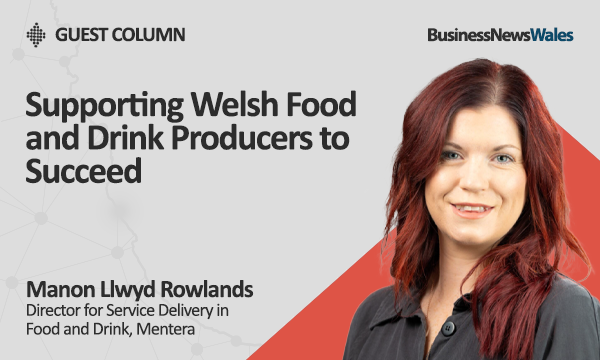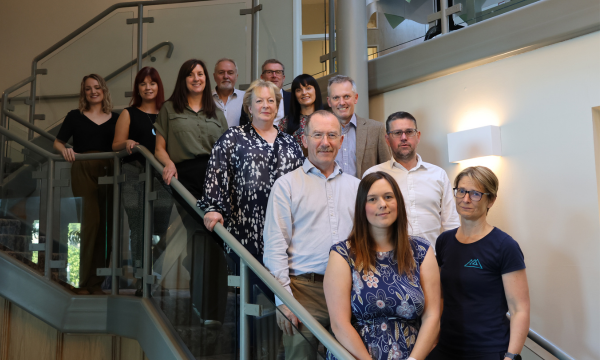
Wales’ food and drink industry is not only a cornerstone of our economy but also a vital part of our cultural identity and our vision for a sustainable future.
Contributing over £11 billion in GVA, supporting thousands of jobs, and shaping Wales’ global reputation for high-quality, sustainable produce, this dynamic sector has seen impressive growth in the last two decades, but now must navigate mounting challenges to continue to thrive. Getting the food ecosystem right has never been more critical.
Support for businesses reaps rewards
The Welsh Government has pumped considerable amounts of money into the sector in recent years via its Food and Drink Wales programme.
At Mentera, we have delivered a number of support schemes on behalf of the Welsh Government and we are proud of our record in doing so, helping many businesses grow and flourish.
Cywain is one of those programmes. Since 2018, the Cywain programme has supported over 1200 food and drink businesses and generated over 1000 new markets for food and drink manufacturers. An independent study of the programme estimated a total impact of £25.1 million and a return on investment of £1.92 for every pound spent.
One business that has received significant support from Cywain is Still Wild in Pembrokeshire, Wales’ first vermouth producer, making vermouth from the wild produce of Pembrokeshire.
According to James from Still Wild:
“Our growth and survival has been because of Cywain…and without Cywain and Welsh Government support, we wouldn’t be where we are today.”
Pressures facing the industry
Despite its importance, Wales’ food and drink sector is grappling with significant challenges:
Skills and upskilling for the future: The industry needs to constantly upskill its workforce to remain competitive, increase productivity and continue to innovate. Our Government funded Food & Drink Skills Wales programme has run over 1000 training interventions for 360 businesses in its first 18 months, as well launching a food and drink resource for schools and facilitating a new food-specific engineering apprenticeship due to skills gap analysis.
Ioan Pearce, whose Da Mhile distillery has benefitted from some of this training said:
“The training resulted in significant improvements to our production, in both technique and efficiency. The support allowed us to access courses that were directly related to our industry and allowed the business to make important networking connections with suppliers, distributors and other Welsh food and drink producers.”
Rising costs: Inflation, energy prices, and supply chain disruptions are increasing operational expenses. Additionally, forthcoming increases in National Insurance contributions are placing further pressure on businesses, particularly small and medium-sized enterprises (SMEs), which are already operating on tight margins. A recent straw poll of food and drink businesses by Mentera showed that for many, this increase is affecting their ability to hire new staff, invest in training, or expand operations. SMEs, which form the backbone of the sector, are particularly vulnerable, as even small increases in payroll costs can significantly impact profitability.
Productivity needs: To remain competitive and sustainable, businesses need to increase productivity through innovation and digital transformation. However, these solutions often require significant investment – resources that many companies are struggling to access.
A sustainable future hinges on the food ecosystem
In the face of climate change, sustainable practices are essential. For Wales, reducing food miles and ensuring locally sourced, environmentally friendly produce becomes the norm are central goals. Shortening supply chains helps to lower greenhouse gas emissions while boosting local economies. However, achieving these goals requires a cohesive approach that aligns all stakeholders across the food ecosystem – from farmers and producers to distributors and retailers.
Declining support for businesses
Adding to the challenges is a reduction in funding for business support programmes for the coming financial year. And while we at Mentera will deliver the best possible support with the funding available, inevitably it will limit the reach and impact of these programmes and make it harder for businesses to innovate, adapt to economic conditions, and invest in more sustainable practices.
The path forward
To safeguard the future of its food and drink industry, Wales must adopt a multi-faceted approach:
Investment in skills: addressing workforce shortages through training programmes and promoting careers in the food and drink sector is essential. Targeted efforts to attract new talent, coupled with upskilling existing employees, can help close the skills gap.
Support for innovation: despite funding reductions, there remains an urgent need for businesses to access resources that enable innovation and increase sustainability. Leveraging private investment and fostering partnerships could help fill the gap left by declining public funding.
Policy advocacy: the sector must continue to advocate for policies that mitigate rising costs and promote sustainable practices, such as tax incentives for environmentally friendly initiatives.
A collective responsibility
The food and drink industry is central to Wales’ economic and environmental future. By addressing current pressures, reducing food miles, and fostering collaboration across the supply chain, Wales can build a resilient food ecosystem that drives sustainable growth.
While the reduction in funding for support programmes is a setback, it is not insurmountable. Through collaboration between government, industry leaders, and consumers, Wales can ensure its food and drink sector remains a source of pride, prosperity, and sustainability for generations to come.






